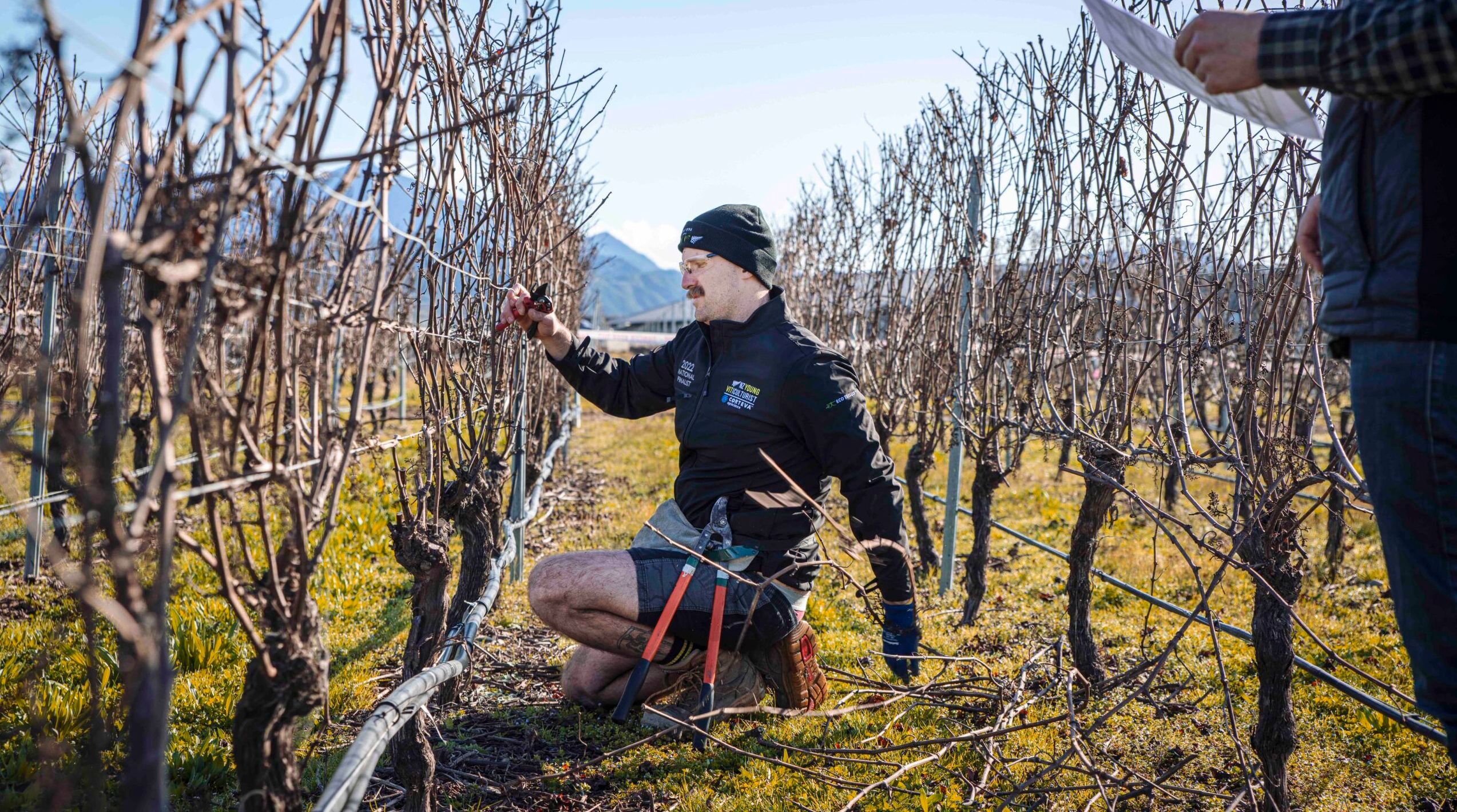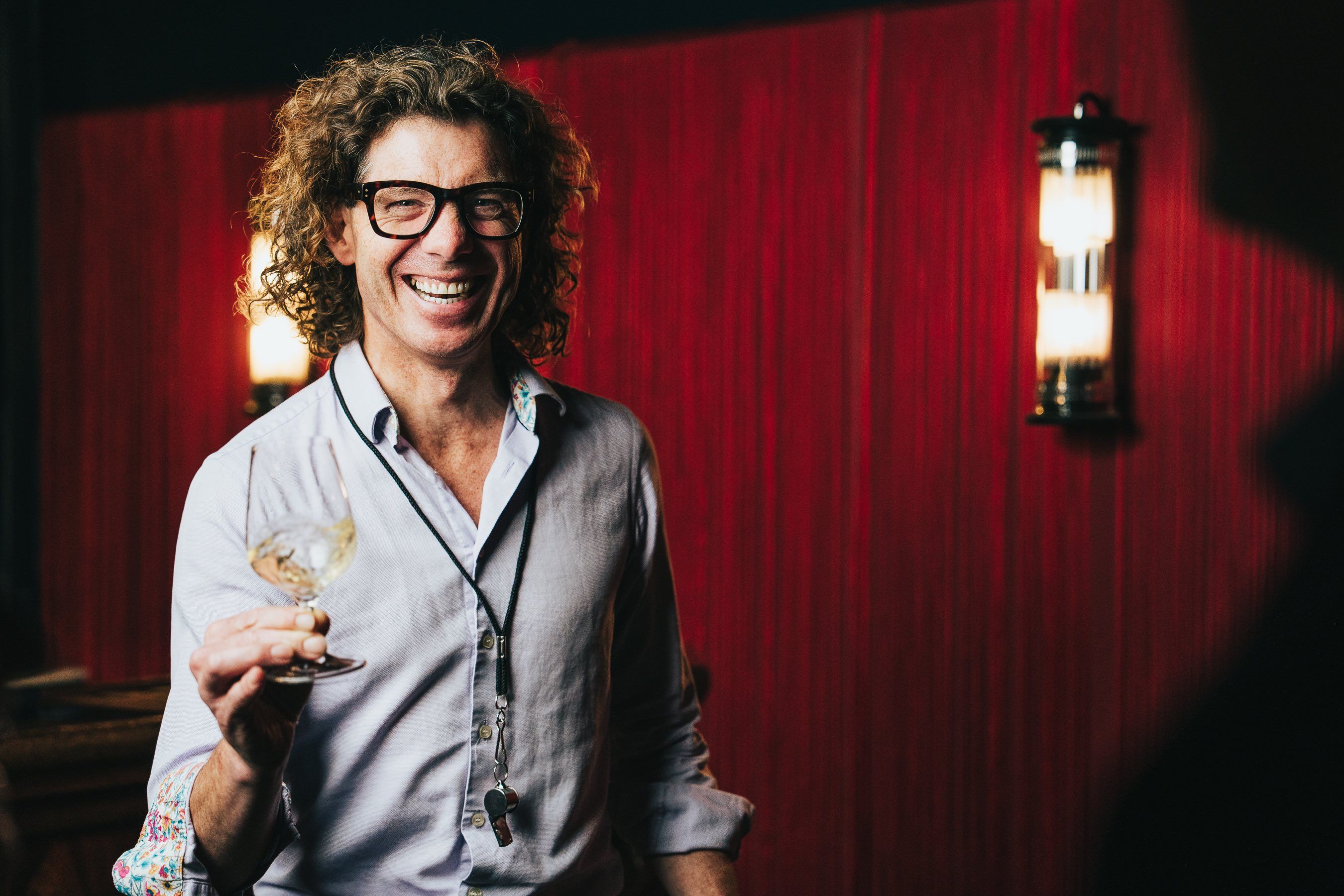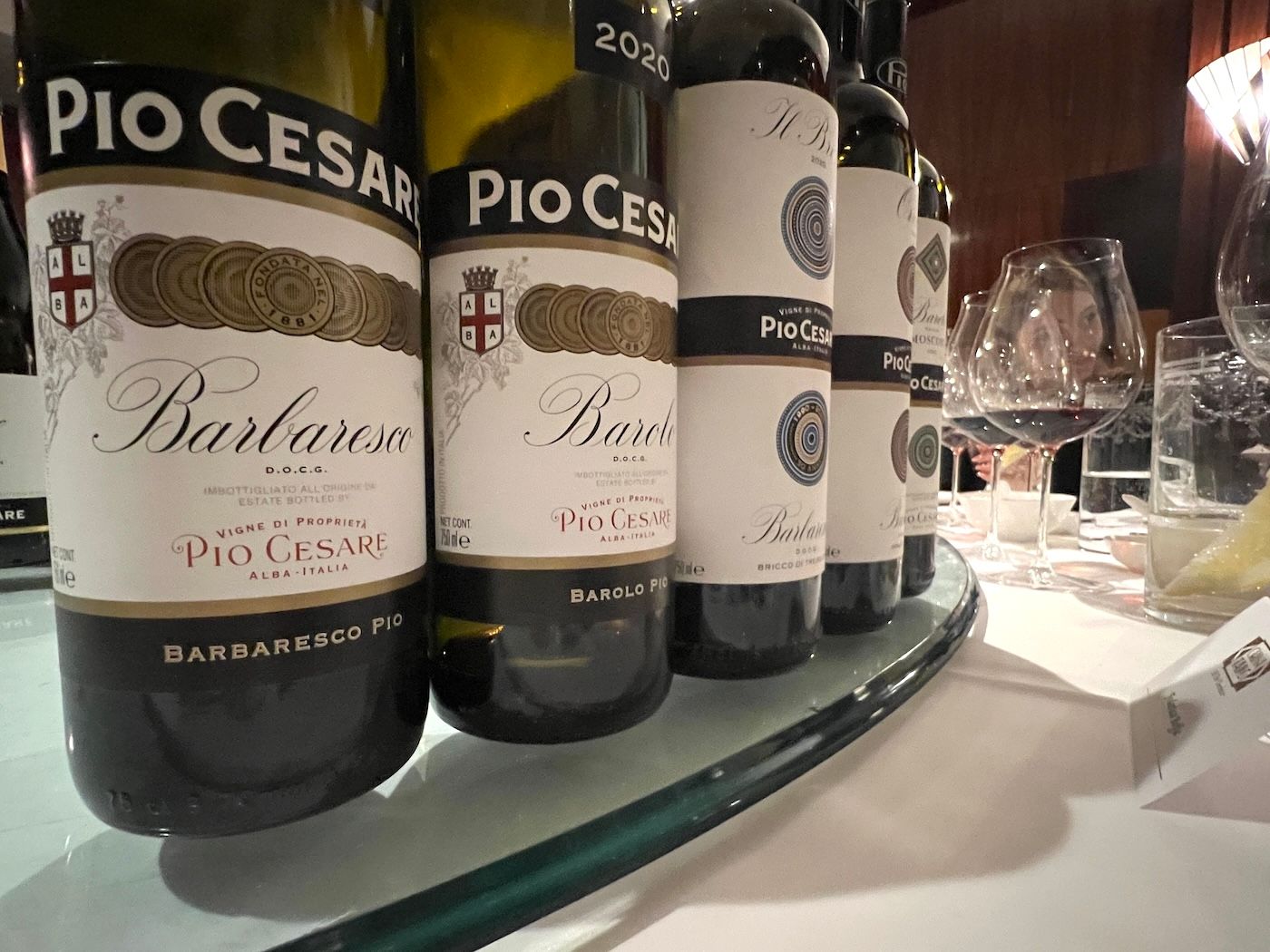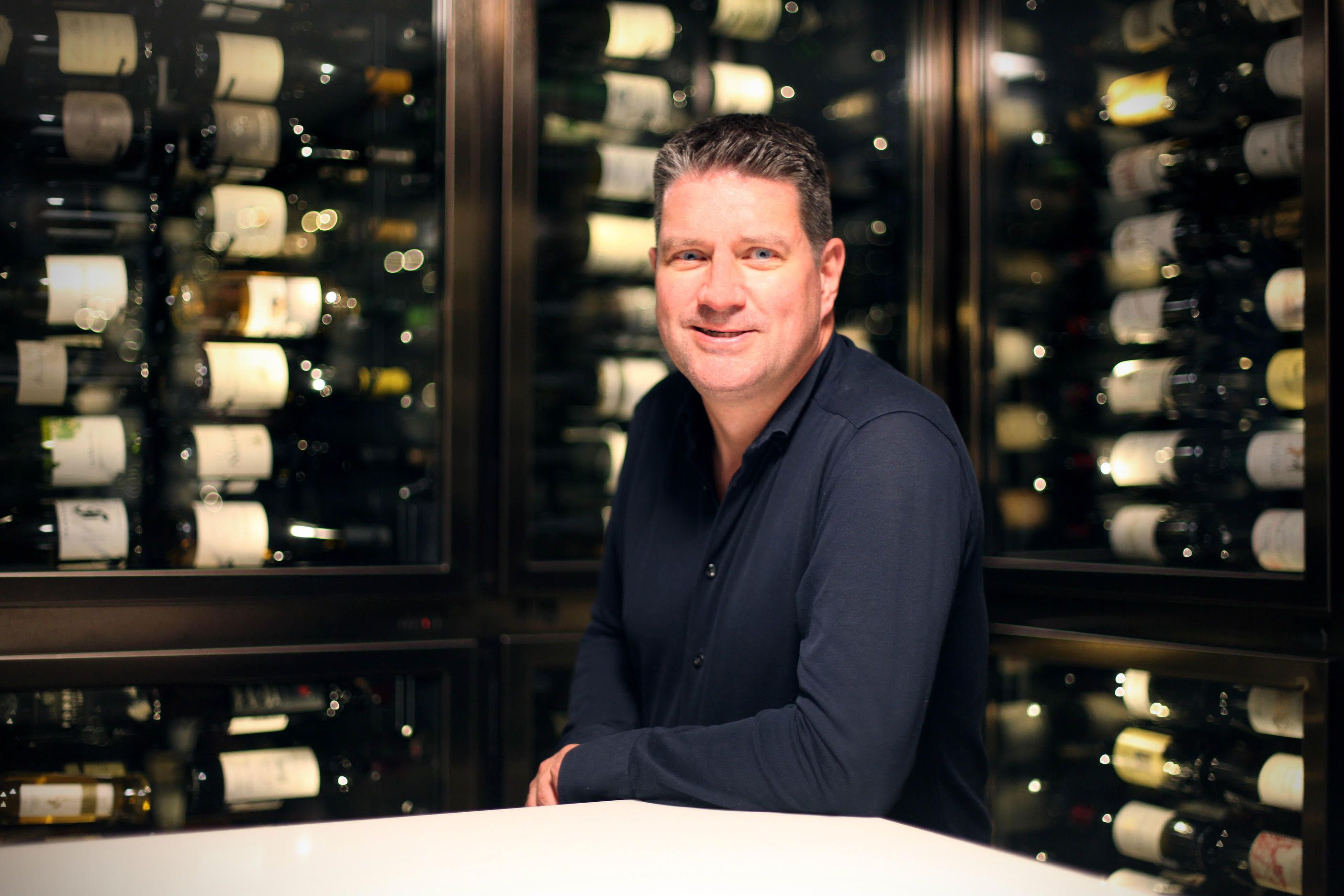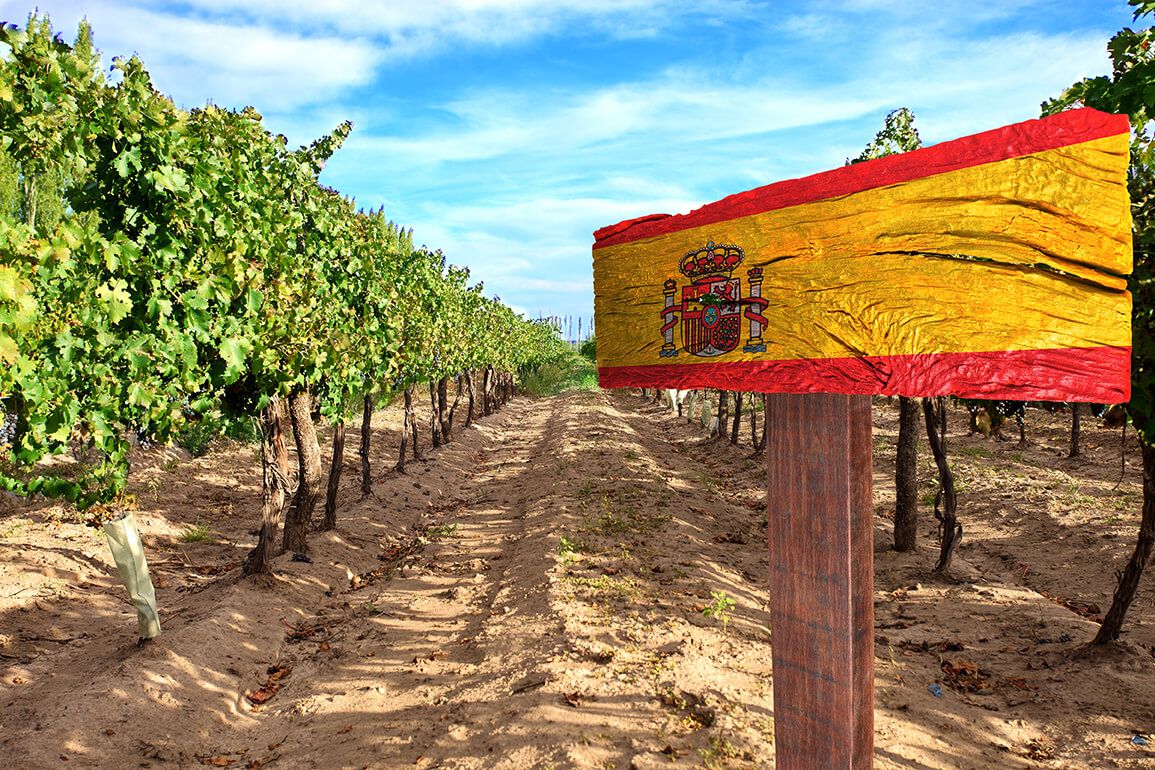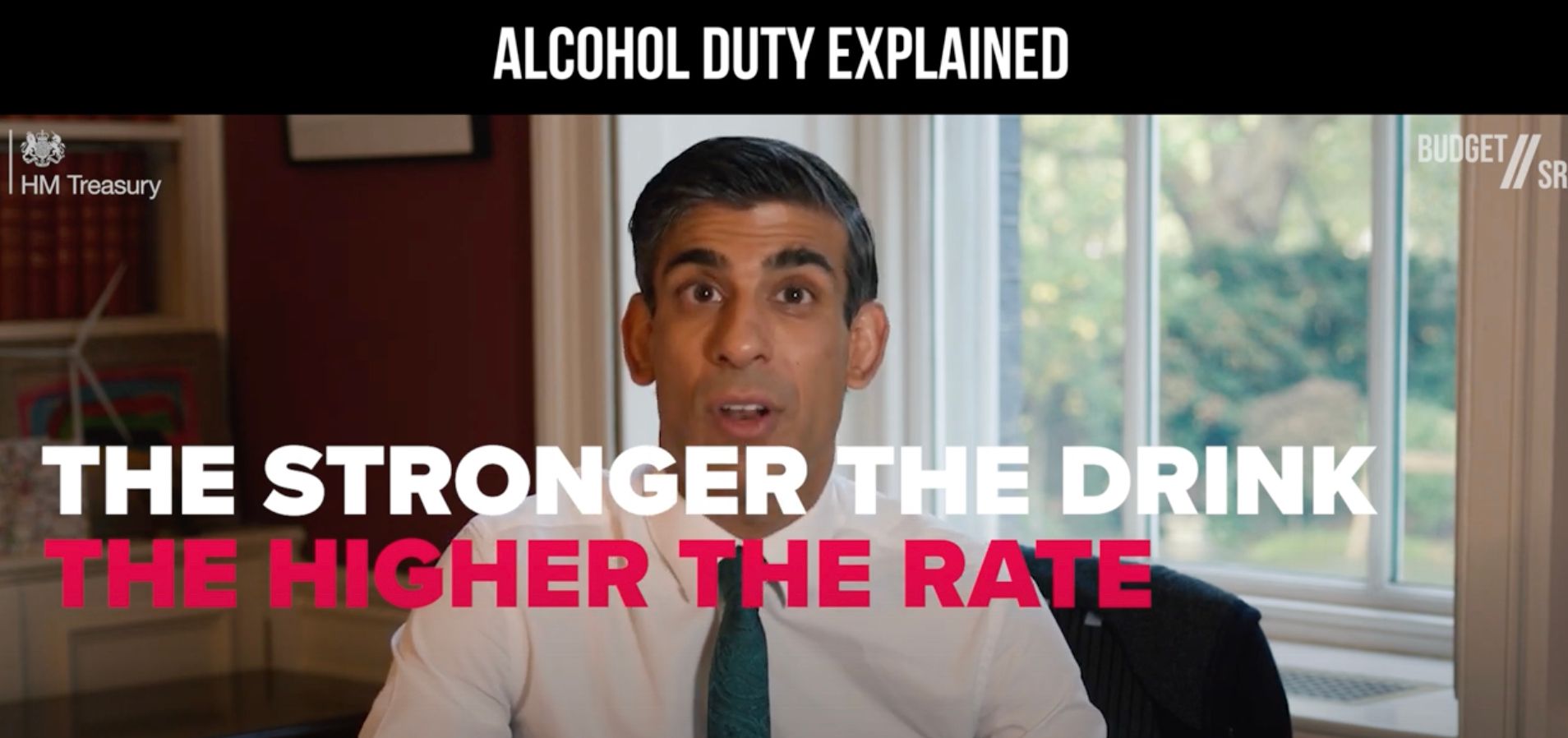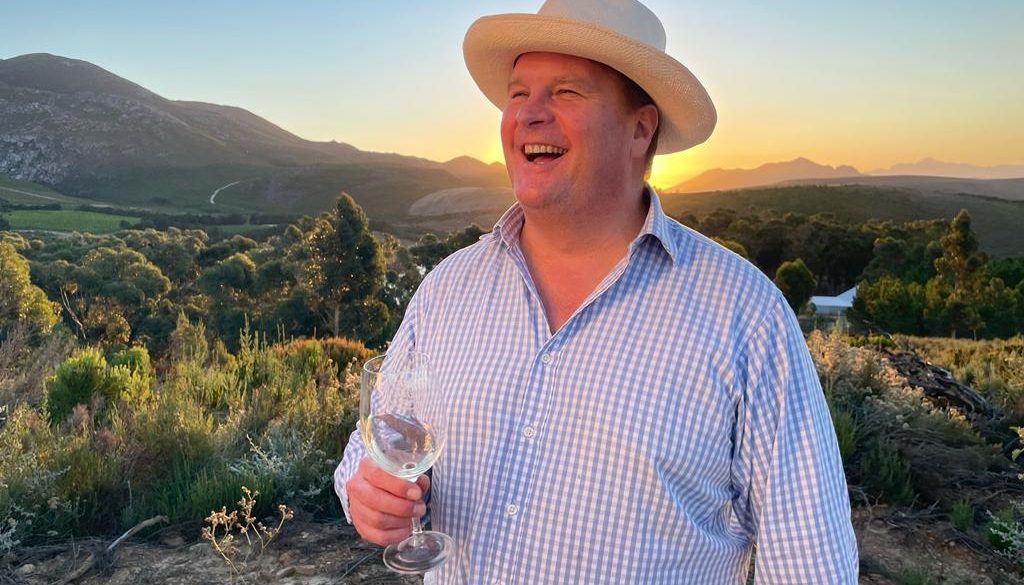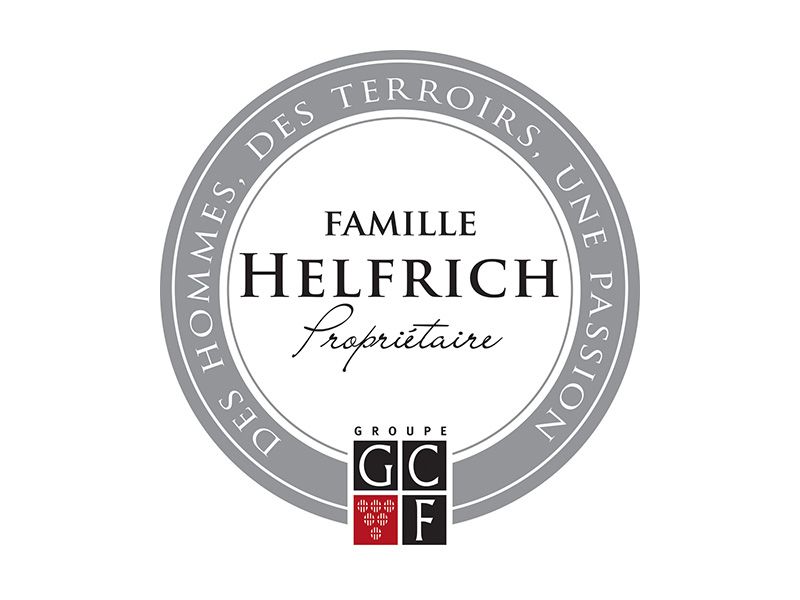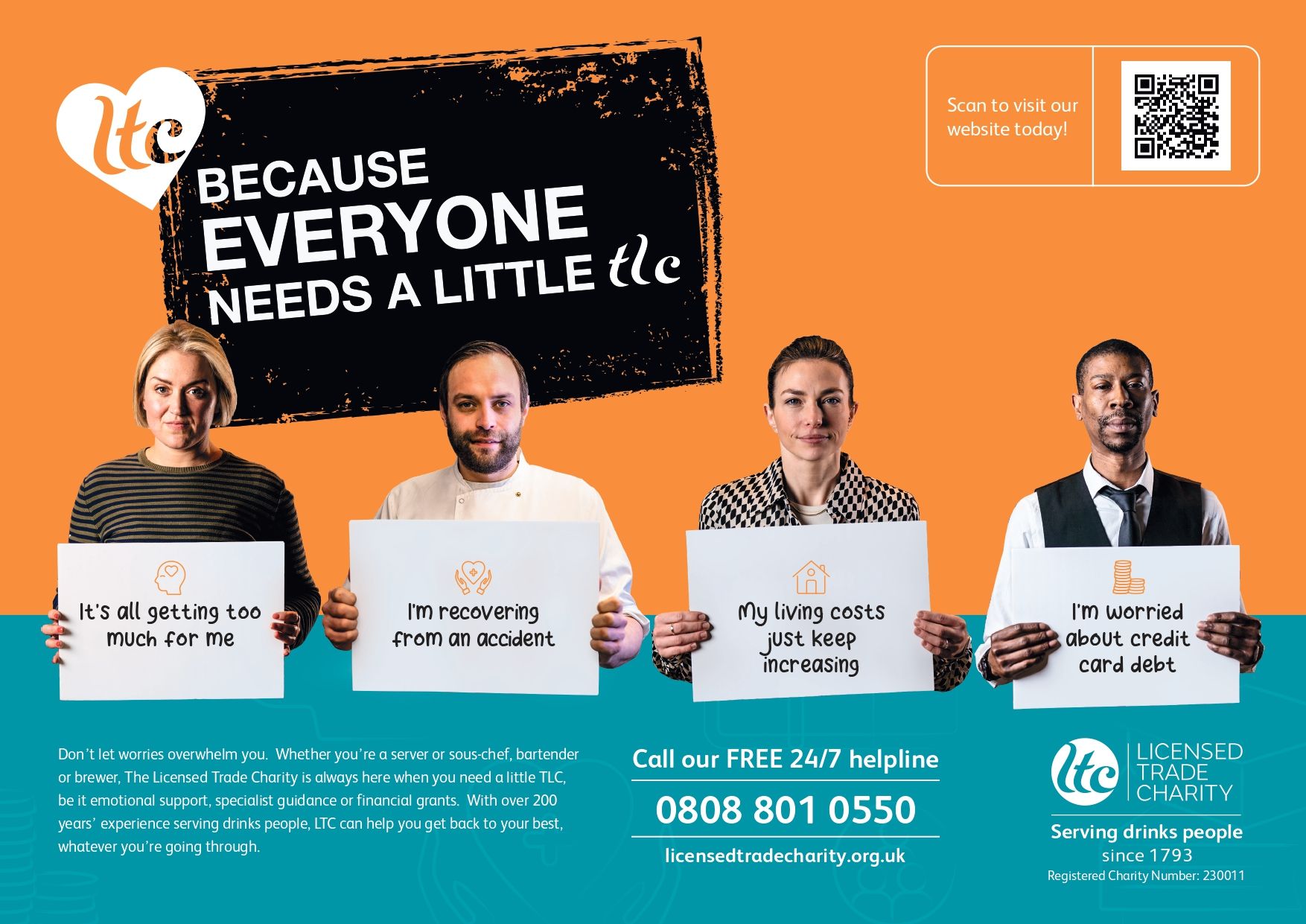New Zealand Winegrowers career development initiatives stretch from its Young Viticulturist and Young Winemaker of the Year competitions to mentoring programmes and support with mental health, as Helen Arnold explains.
The working world has changed hugely in the past few decades, as employers have come to realise that happy and fulfilled staff are far more productive and also likely to remain in their positions for longer than a dispirited, unmotivated and frustrated workforce.
And the New Zealand wine sector which employs over 7,000 full time staff and many more in subsidiary support roles, is one such forward-thinking industry. It is at the vanguard of this enlightened way of thinking, and has introduced a number of initiatives in recent years to ensure that its employees are encouraged to pursue their personal dreams and career goals, and given the tools to do so.
These schemes include the Young Viticulturist and Winemakers of the Year competitions, Women in Wine, a mentoring programme and a mental health support group, GoYou!
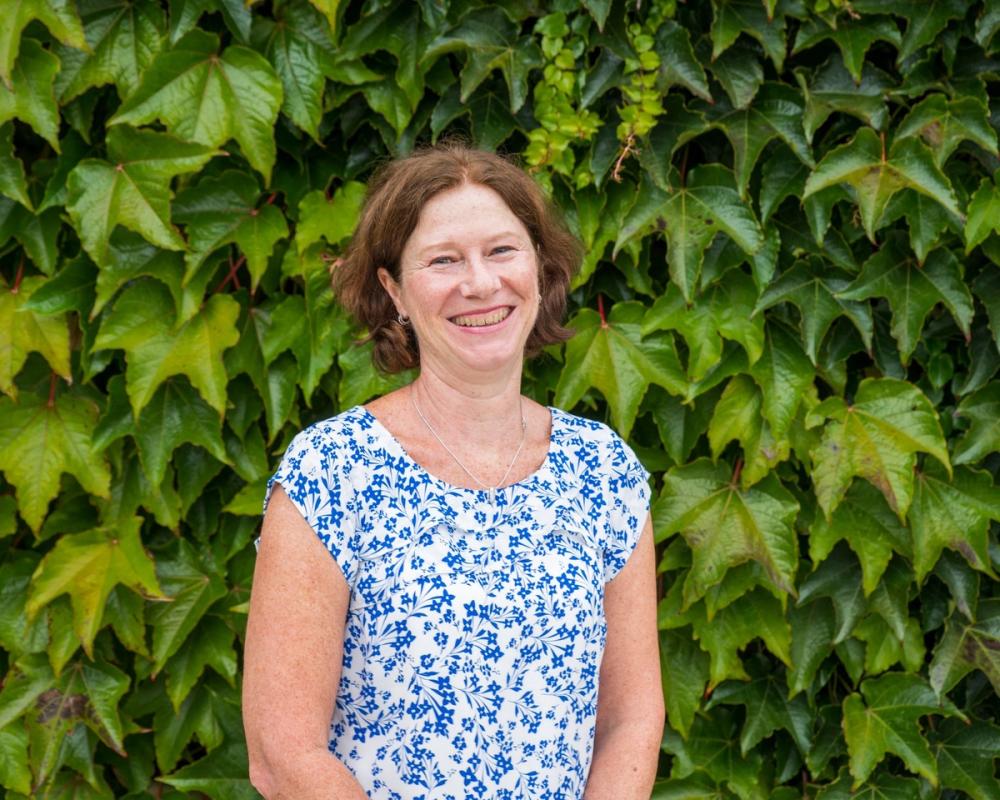
Nicky Grandorge says she hopes New Zealand Winegrowers career development programmes are in keeping with what is a “supportive and collaborative industry”
“All these initiatives are aimed at helping people working in our industry to follow their dreams and achieve their goals, as well as ensuring we have passionate and skilled viticulturists, winemakers and leaders for the future,” says New Zealand Winegrowers’ leadership and communities manager Nicky Grandorge. “We are a very supportive and collaborative industry, with people coming together from rival companies to support each other.”
Young Viticulturist of the Year
The first of these programmes to be established was the Young Viticulturist of the Year competition in 2006 which is open to all young viticulturists under the age of 30. It consists of education days around the country, followed by six regional competitions during June and July, culminating in a national final at the end of August. The entrants must go through a demanding process of practical and theoretical questions and undergo an interview, a quiz round and also give a speech at the awards dinner – which is a source of much angst amongst the competitors, according to Grandorge. “They all dread it!” she laughs.
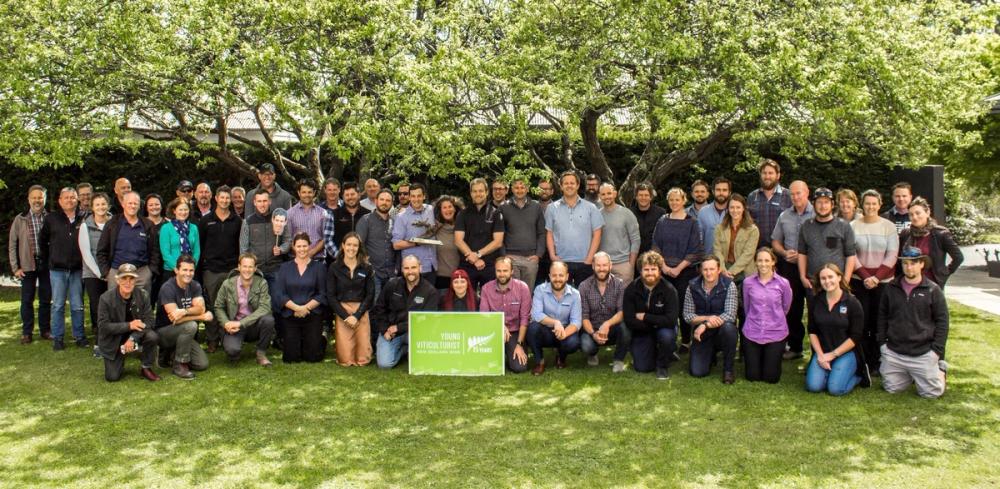
The Young Viticulturist initiative brings together winegrowers from across New Zealand
But while the process may be gruelling the spoils are certainly worth the grind, with winners being awarded a range of covetable prizes including the use of a car for a year, a NZ$6,000 grant enabling them to travel to other wine growing regions in the world and learn from these, as well as a NZ$2,000 cash prize. Additionally they are able to learn leadership skills from industry leaders including KMPG, senior weather forecasters and the Mayor of Auckland during a Leadership Week.
As the competition has gained in recognition and popularity so this led to the establishment of the Young Winemaker of the year competition in 2015. Both of these initiatives are aimed at helping young people grow and thrive within the industry, in the knowledge that they have a supportive community around them.
And there are real, tangible benefits to be gained for the entrants and winners, beyond the immediate prizes on offer, with many of the previous contestants having gone on to hold senior positions within the wine business, sitting on the New ZealandWinegrowers Board, and launching their own brands.
Matt Fox, who won the Young Viticulturist of the Year while representing Gisborne in 2013 is a prime example. He now works as a company viticulturist at Blenheim-based Rapaura Springs and has sat on some of the New Zealand Winegrowers Committees as well as being on the Young Vit National Committee.
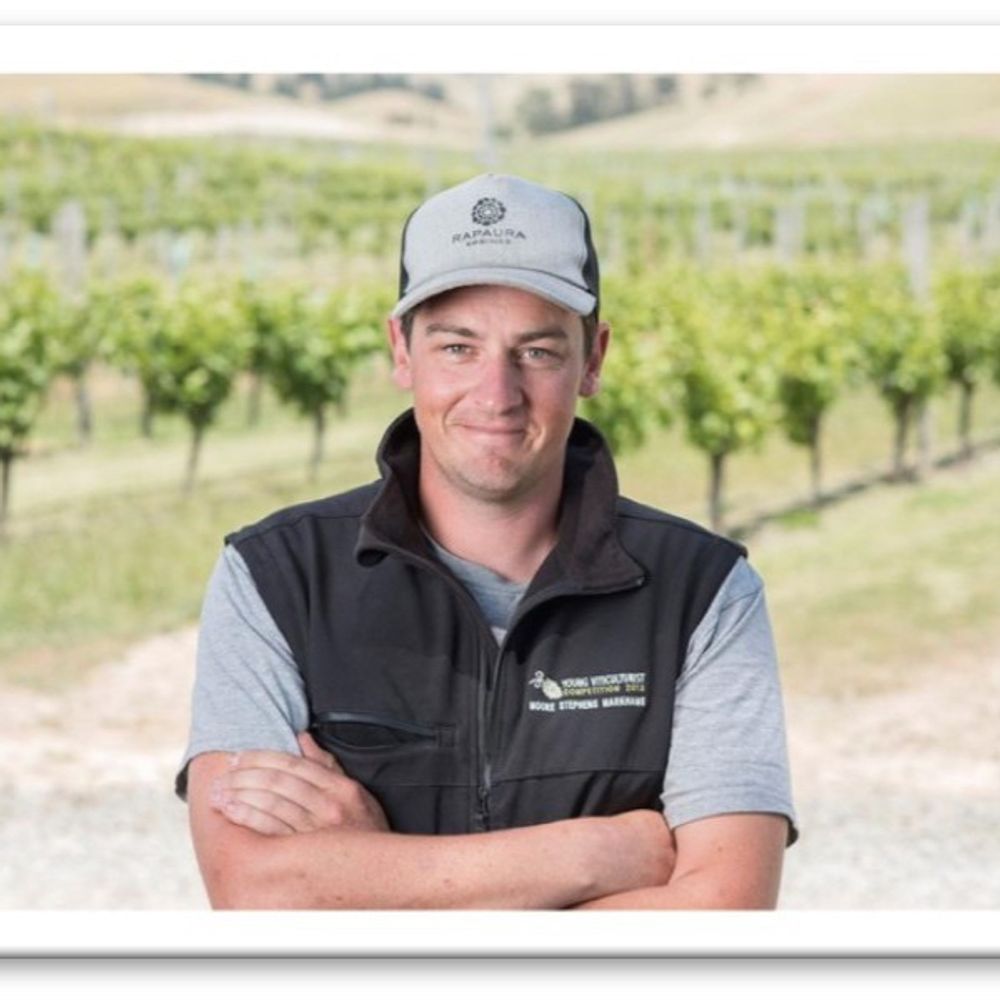
Matt Fox says winning Young Viticulturist of the year was a big boost to his care
“Winning has 100% helped my career,” he says. “Throughout my time competing in the competition I always came away with a number of valuable learnings. It was an easy way to get a no-biased view on what my strengths and weaknesses are and what needed working on. Being a part of the competition gave me greater exposure to styles and techniques that I normally wouldn’t be exposed to. It was also a great way of networking with fellow competitors and senior members in the industry.”
And he believes that the competition continues to be “hugely important” for the industry. “It’s the next generation that will replace the current industry people which we need to foster. With the industry growing at a steady pace we will need a lot more skilled people to ensure we can provide the quality expected coming out of New Zealand. We see a fairly static growth trend at the moment but we would always love to see more entrants. The more people that enter the bigger the competition gets and the more prizes we can offer.”
Young Winemaker of the Year
Jordan Hogg is someone else who believes his career has been greatly enhanced by the New Zealand Winegrowers initiatives, winning Young Winemaker of the Year in 2016.
The competition tests entrants on a wide range of skills and knowledge required in the winemaking process, including blending, laboratory tests, viticultural knowledge, tasting analysis and market knowledge, while the prize includes a visit to Burgundy.
After walking off with the top award seven years ago Hogg is now working as a winemaker at Rock Ferry Wines, where he is experimenting with more unusual grape varieties and maturation vessels.
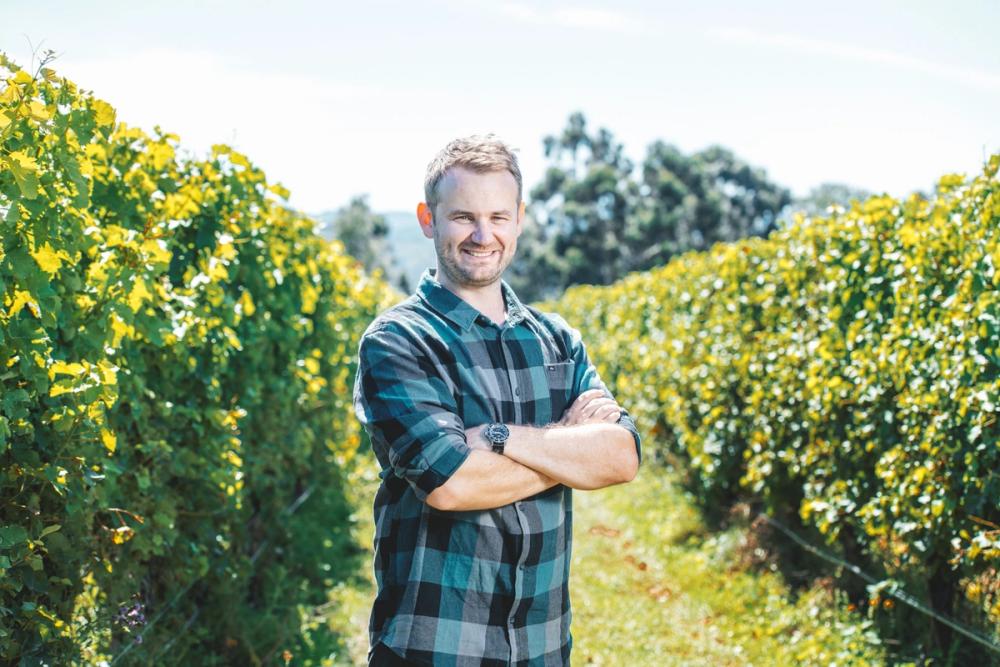
Jordan Hogg says winning Young Winemaker of the Year has certainly helped open a lot of doors for him
“Winning the award has helped greatly in terms of name recognition and helping get certain jobs or job interviews that may otherwise have been out of reach,” he says. “The main prize was a travel scholarship to Burgundy to visit the cooperate, stave mill and oak forests,” which he says was “incredibly eye opening”.
“It was a nice boon in that I have a smaller scale winery and organic focus in my career and I showed that I had the skills and knowledge to compete with my peers from larger wineries making more conventional wine. Now I am right where I want to be, making interesting and delicious wine for Rock Ferry, a smaller organic winery in Marlborough, and starting my own label, Atípico.
“The competitions have grown to be a major source of development and recognition for young winemakers in New Zealand and are a great way to network and grow your skills,” he continues. “It also lets us celebrate the success of our young winemakers who are likely to be in leadership positions in the future. Every year the competition improves and the quality of the applicants gets better. It was great to stay involved and give back and see the competition and its profile improve in that time.”
Women in Wine
Another major initiative from New Zealand Winegrowers to support its workers has been its Women in Wine programme, which was founded in 2017 and aims to help women achieve their full potential, progress into leadership roles and encourage businesses within the industry to assess their diversity and inclusion culture. It was also established with the intention of providing networking opportunities via regional Women in Wine groups, enabling members to meet up regularly. A bespoke mentoring programme is also available, in which participants are matched up with an experienced mentor within the industry to help them achieve their career goals and overcome any perceived barriers. Initially aimed solely at women, it became so popular that men started asking for a similar programme and now is available to all staff members.
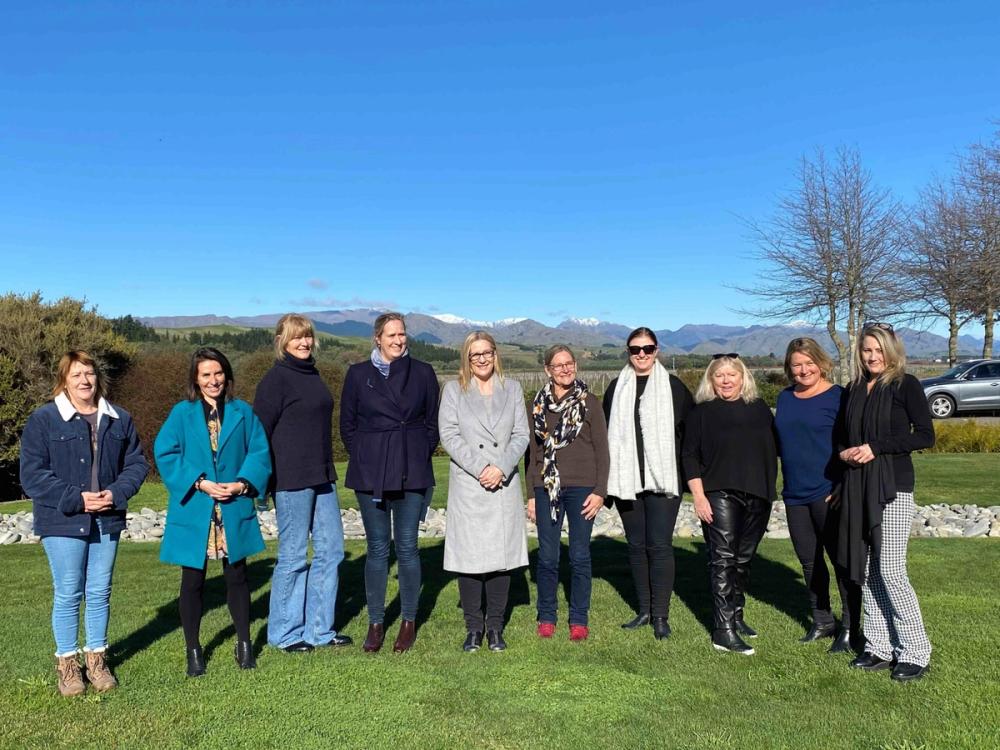
The Women in Wine initiative has been able to recruit a number of mentors from within the New Zealand industry
“Women in Wine really came about because we realised that in the board elections no women were putting themselves forward,” says Grandorge. “There were loads of amazing women working in the industry, but all the board positions were held by men. We were aware that we needed gender diversity around the table, and wanted to find out why women weren’t applying. Women are great buyers of wine, they enjoy wine and are great contributors to our industry so we want to ensure that there are great career options open to them too.”
Research indicated that lack of confidence was a key stumbling block for many women in the workplace, and something that the Women in Wine programme will be focusing heavily on this year. “It very much depends on the organisation,” says Gradorge. “For some women returning to work after having children, some organisations are extremely supportive and flexible, others less so We have found that the networking aspect of the initiative is hugely helpful for confidence building as women then feel they have that support, not just within the industry but across the board.”
Since the launch of the initiative six years ago, which carries the motto of ‘connect, inform and change” much progress has been made according to Grandorge, who points to the fact that there are now three women sitting on the New Zealand Winegrowers board, with five putting themselves forward.
“It’s a big improvement, but we can’t sit on our laurels. This issue is not something that is confined to the wine industry, but is a problem across society as a whole,” she adds.
The gender pay gap has also narrowed in that time frame, claims Grandorge, pointing to the fact that the median average pay in the New Zealand wine industry median sits at 7.8, less than the national average of 9.2. “I think one of the biggest successes is that we have got people talking about it – and not just women, but young men too. We have had some fantastic feedback from women participating in the scheme, and heard some great stories of how it has helped them thrive and change their careers for the better,” she says.
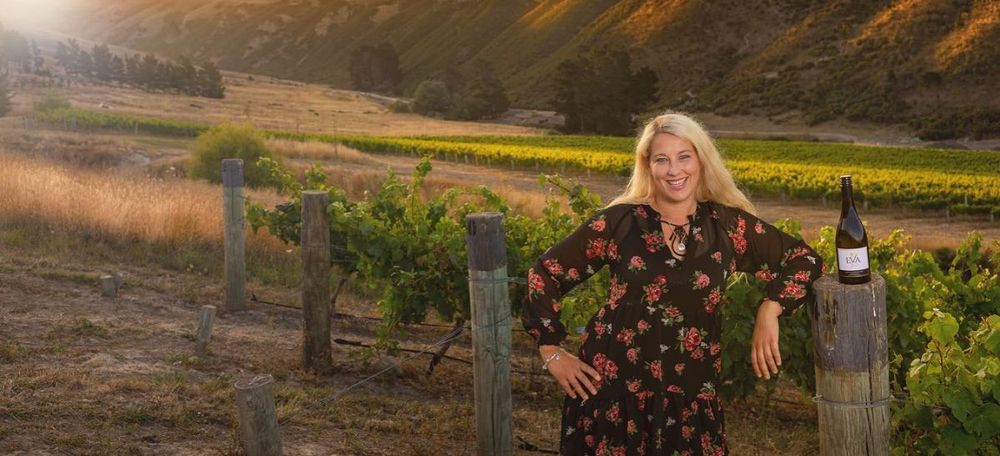
Eva Pemper of Eva Pemper Wines says she was helped by the Women in Wine initiative to grow her wine brand
One New Zealand wine industry employee who has certainly reaped the benefits of the initiative is Eva Pemper who has just launched her own eponymous wine label – Eva Pemper Wines – and is currently on a worldwide promotional tour in an effort to raise awareness and gaining listings.
“The programme definitely helped me so much in terms of some great networking and connections with amazing female professionals in many different areas of the wine industry, which will help me expand my wines to different markets and help with the Eva Pemper brand awareness and overall business success,” she says. “It also helped to inspire me and encouraged me to continue this journey – the support and love have been incredible and I am very grateful I managed to be a part of this wonderful event. “
Pemper says that some of the biggest challenges she has faced since launching her own wine brand have been in how to position herself in the marketplace, raising brand awareness and finding suitable partners in various export markets.
“Connecting and networking at the Women in Wine Expo will help so much to overcome these,” she says, adding that she doesn’t think there are any major issues within the wine sector that are preventing women from progressing in their careers, but the problem lies with society at large.
“I think it is more the society as a whole, though some mindsets that have been present for decades are now slowly changing and things are getting better,” she says. “It also depends on the part of the wine business or wine industry. Within winemaking women are still in a minority, while within marketing and sales there are far more women.
Mentoring programme
Some of the issues which hold women back in the workplace, such as a lack of confidence and lack of good role models are being addressed by the New Zealand Winegrowers’ mentoring programme.
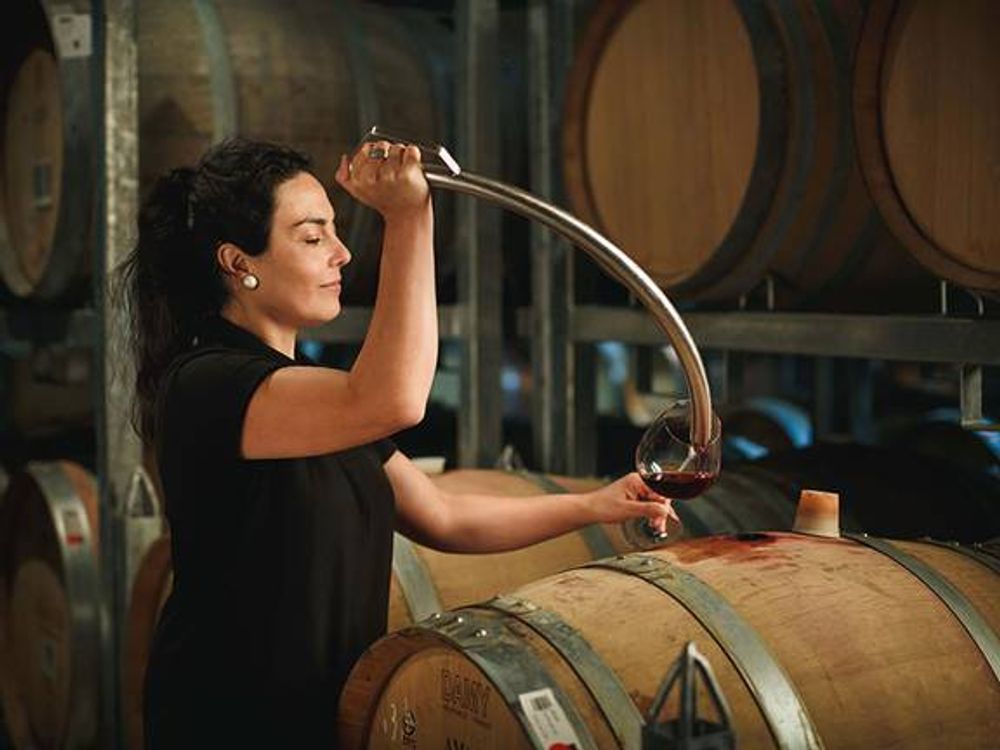
Patricia Miranda-Taylor, winemaker at Wither Hills, says having a mentor is very “valuable”
Someone who has benefited from this is Patricia Miranda-Taylor, who is now a winemaker at Wither Hills in Blenheim. “Getting a mentor is one of the most valuable things I have done,” she says. “My mentor encouraged and enabled me to look beyond and challenge the status quo in my professional and personal development journey. Part of the learning has been to focus my efforts by setting clear goals and searching for constructive feedback, learning about my true values, and building from them the core of my career life as well as aligning them with pathways to growth.”
She adds that while her mentor often pushed her out of her comfort zone, this ultimately resulted in new opportunities and different ways of navigating and exploring other options, both in her career and personal life.
Miranda-Taylor found it such a valuable exercise that she became a mentor herself to another woman in the wine world. “During the time I have been a mentor I have noticed a long list of factors that hold women back in the workplace and honestly, I could resonate with a few of them. Some of the stumbling blocks are due to systemic cultural history about being a female and our roles in society. Females are reluctant to claim achievement and don’t often take the initiative and communicate the good things about themself. Women are also much better at building rather than leveraging relationships, as it is embarrassing to make a request, as it can be taken the wrong way.”
Other mistakes that women commonly make, claims Miranda-Taylor, is putting their jobs before their career. “Loyalty and commitment to your team are great, but not if it prevents you from pursuing external opportunities that could take you further in the long run.”
Women also tend to be people pleasers, to their own detriment, she says. “If you’re so worried about letting people down that you can’t assert your boundaries or know when to say no, you may be doing yourself a major disservice.”
Another reason that women have traditionally failed to make it to the upper echelons of business is because of a so-called minimising effect. “If you’re regularly diminishing your own value and achievements, that narrative can well be influencing the way you see yourself and how others see you.”
Over communicating is yet another issue which many women are guilty of. “Women often find themself offering too much information or too much background so they lose clarity in their communications.” And the desire to be nice is yet another stumbling block. “Sensitivity and empathy are excellent qualities in a leader, as long as you’re not so highly attuned to your environment and co-workers that you get side-tracked or derailed.”
Fear of being judged, lack of confidence or lack of self-belief, lack of negotiation skills, and fear of appearing arrogant, big-headed, and emotional, especially when feedback has been given, are other factors holding women back, says Miranda-Taylor.
“I believe mentoring women must be always focused on aspects such as building confidence, self-appreciation and feeling pride in achievements, empowerment, self-care, and holistic well-being besides the personal challenges and goals identified.”
Support with mental health
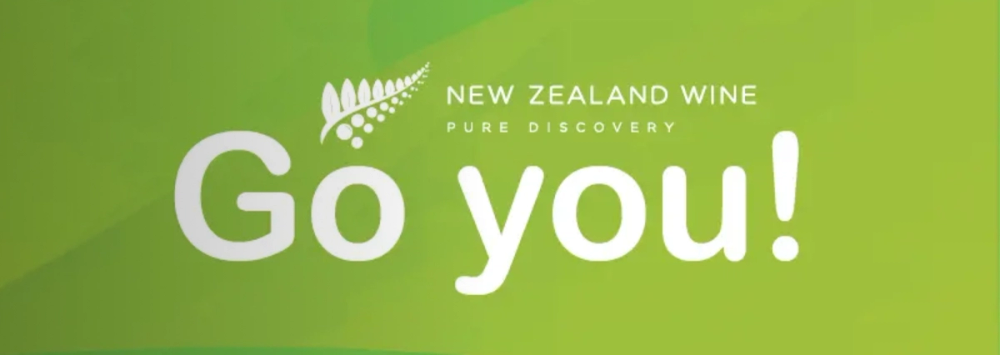
The Go You! initiative hopes to destigmatise mental health issues
Growing awareness of the importance of mental health in the past decade has resulted in an increasing number of businesses offering their staff support in this sphere, and New Zealand Winegrowers is no exception, with the launch of Go You!
“This came about during Covid when we were in lockdown for so long,” explains Grandorge. “We felt people had drooped during lockdown so we needed something to motivate them, and destigmatise the whole issue. The labour shortage put a lot of additional pressure on those who were taking up the slack, and people were getting quite worn out. While there was a great community spirit during lockdown, issues with mental health can soon creep up on you, so we wanted to ensure that people were aware of this and to check up on each other.”
With the help of some government funding, the organisation has since set up a series of workshops across the country to get people talking about their mental health in an attempt to “normalise” it and to provide information and advice on where to get help and advice if necessary. The workshops are also aimed at providing a focused time out of people’s busy lives to reset and reconnect with their purpose and future goals, as well as highlighting the importance of looking after your mind as well as your body.
The workshops also intend to help individuals feel motivated to reach their personal and career goals as well as providing tools to reset and motivate via mindfulness, and how to cut through information overload that can lead to stress.
- If you want to read more about New Zealand Winegrowers personal development issues and what you might offer in your businesses go to its website here.
